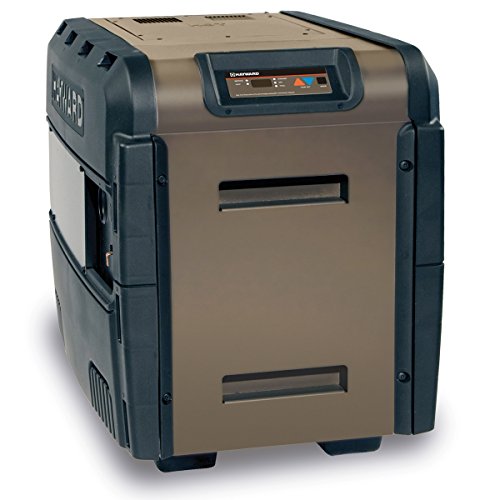Find the Perfect Heater to Keep Your Above Ground Pool Warm and Inviting
Introduction
An above ground pool heater is an excellent investment to extend your swimming season and make your pool more enjoyable on cooler days. With a variety of pool heaters available, selecting the perfect one for your above ground pool can be challenging. This article will provide you with a comprehensive guide to help you choose the best above ground pool heater based on your specific needs and preferences.
Types of Above Ground Pool Heaters
There are several types of pool heaters available for above ground pools, each with its unique features and benefits:
- Electric Resistance Heaters: Electric resistance heaters work by using electrical currents to generate heat, which is then transferred to the pool water. They are energy-efficient and produce no emissions, making them environmentally friendly.
- Gas Heaters: Gas heaters burn either propane or natural gas to produce heat, which is then transferred to the pool water. They heat the pool water quickly and are suitable for pools that are not used regularly or need rapid heating.
- Heat Pumps: Heat pumps transfer heat from the ambient air to the pool water, making them energy-efficient and cost-effective. They work best in warmer climates where the air temperature is consistently above 50°F (10°C).
- Solar Heaters: Solar heaters utilize the sun’s energy to heat the pool water, making them environmentally friendly and cost-effective in the long run. They require a solar collector, which can be installed on a roof or other suitable surface.
Factors to Consider When Choosing an Above Ground Pool Heater
- Pool Size: The size of your pool will determine the heater’s required capacity. A larger pool requires a more powerful heater to maintain a comfortable water temperature. Check the heater’s specifications to ensure it’s suitable for your pool size.
- Climate: The climate where you live will impact the efficiency and suitability of different types of pool heaters. For example, heat pumps work best in warmer climates, while gas heaters may be more suitable for cooler regions.
- Energy Efficiency: Energy efficiency is a crucial factor to consider, as it impacts the long-term cost of operating the heater. Heat pumps and solar heaters are generally more energy-efficient than electric resistance heaters and gas heaters.
- Installation and Maintenance: Some pool heaters are easier to install and maintain than others. Consider the complexity of installation, ongoing maintenance requirements, and the availability of professional services in your area when choosing a heater.
- Budget: Pool heaters vary in price based on their type, capacity, and features. Determine your budget beforehand and choose a heater that meets your needs without breaking the bank. Don’t forget to factor in the long-term operating costs when making your decision.
- Warranty and Support: A pool heater is an investment, and a warranty can provide peace of mind in case of defects or issues. Look for pool heaters with a warranty and manufacturers that offer customer support.
Conclusion
Choosing the best above ground pool heater requires careful consideration of factors like pool size, climate, energy efficiency, installation and maintenance, budget, and warranty. By evaluating your specific needs and preferences, you can select the ideal pool heater to keep your above ground pool warm and inviting throughout the swimming season. A well-chosen pool heater can help you enjoy the benefits of your above ground pool, even during cooler days, allowing you to make the most of your investment.
